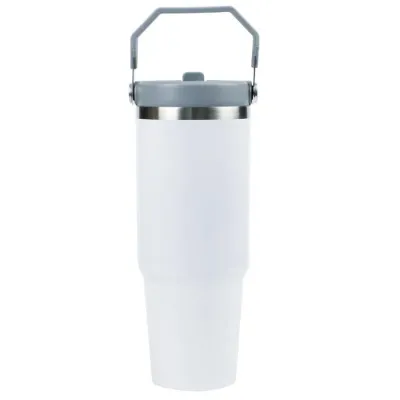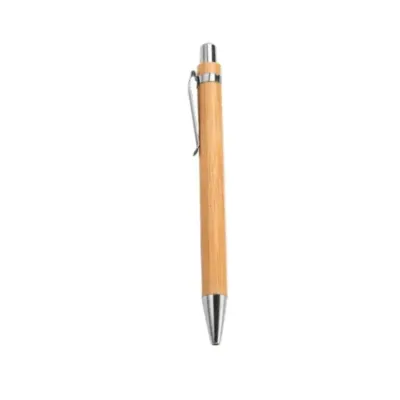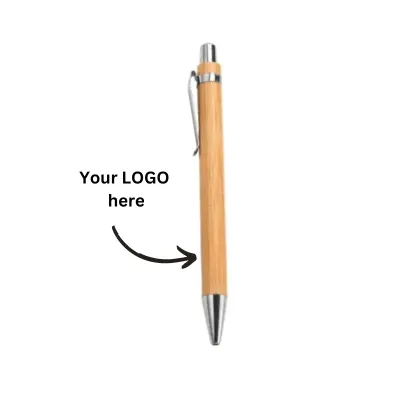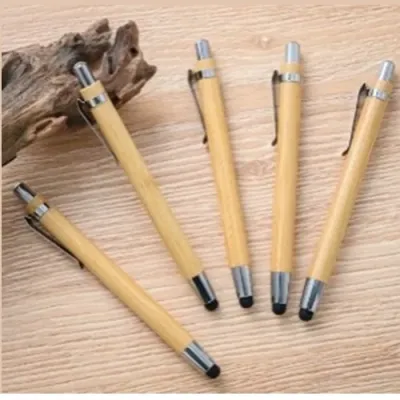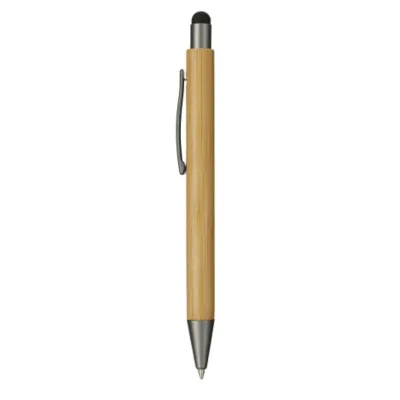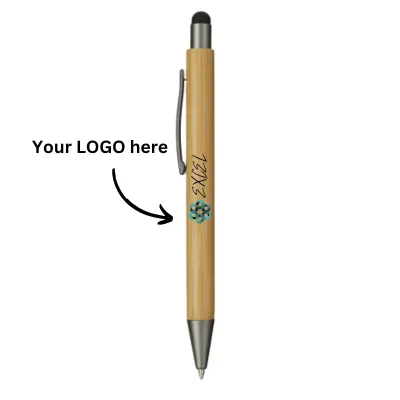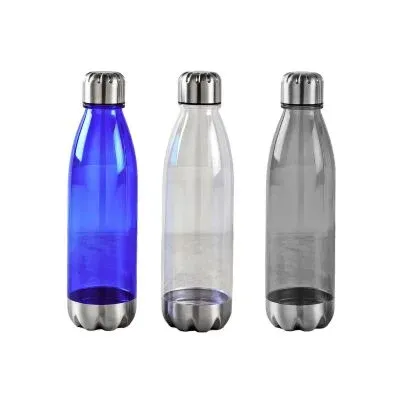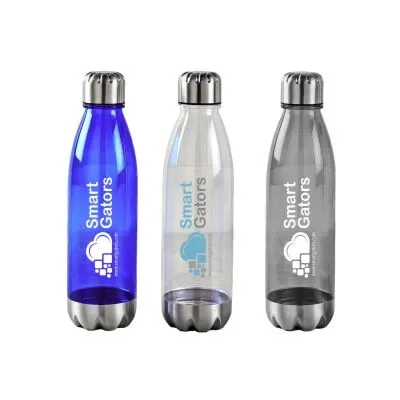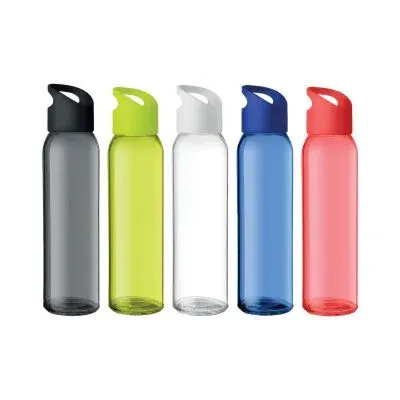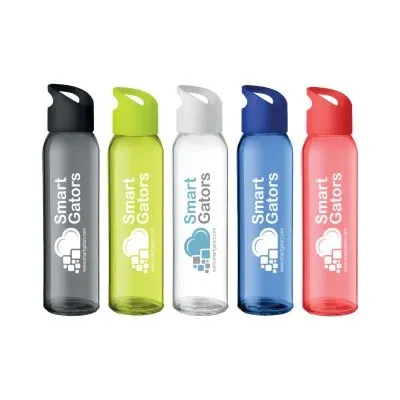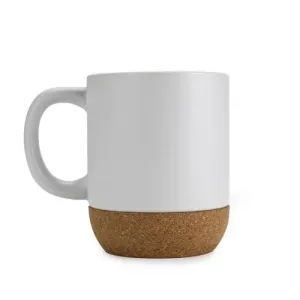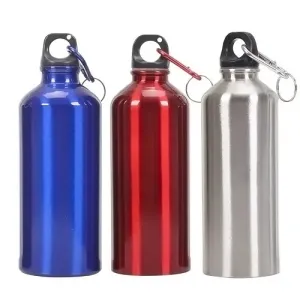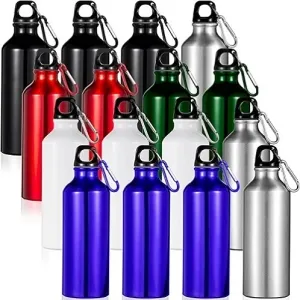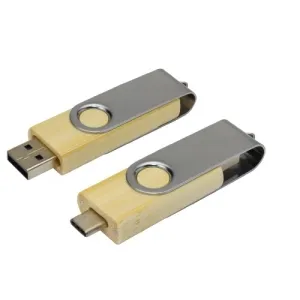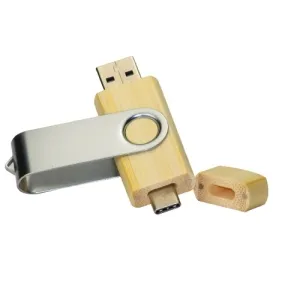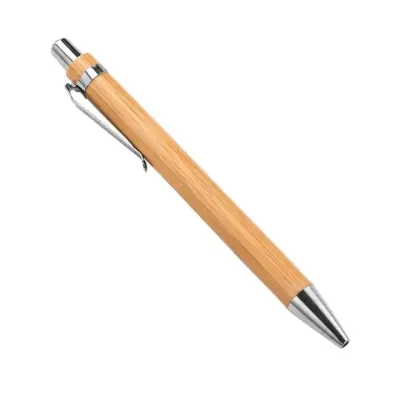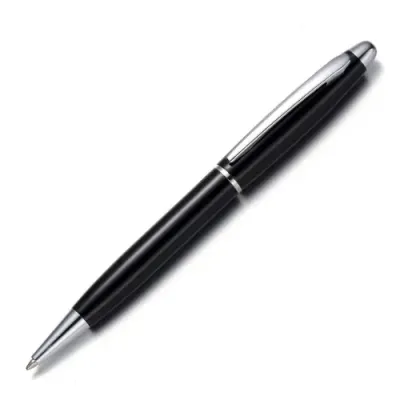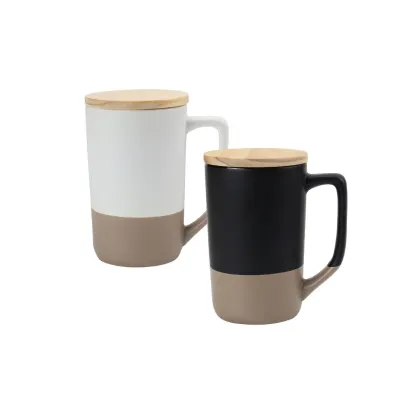3 Big Companies That Use Promotional Products
Promotional Gifts Strategy of Coca-Cola, Apple, and Microsoft
Promotional gifts have long been recognized as an effective marketing tool for companies across various industries. This case study analyzes the promotional gift strategies of three major corporations: Coca-Cola, Apple, and Microsoft. Each of these companies operates in different sectors but shares a common goal of enhancing brand visibility and customer engagement through innovative promotional campaigns.
Coca-Cola: Fostering Brand Loyalty Through Iconic Merchandise
*Coca-Cola*, a global leader in the beverage industry, has a rich history of leveraging promotional gifts to reinforce its brand identity and foster customer loyalty. The company's approach revolves around creating merchandise that resonates with its iconic brand image while offering utility to consumers.
Strategy Highlights
Iconic Merchandise:Coca-Cola offers a wide range of promotional gifts featuring its logo and distinctive red branding, including t-shirts, caps, keychains, and collectible items like vintage bottles and glassware.
Seasonal Campaigns: Coca-Cola frequently launches seasonal promotional campaigns, such as holiday-themed merchandise during Christmas or summer-themed items during the warmer months, to capitalize on seasonal trends and increase consumer engagement.
Innovative Collaborations: The company collaborates with renowned designers, artists, and celebrities to create limited-edition merchandise, generating buzz and excitement among consumers.
Impact: Coca-Cola's strategic use of promotional gifts has contributed to enhanced brand visibility, increased customer engagement, and strengthened brand loyalty among consumers worldwide.
Apple: Cultivating Brand Advocacy Through Premium Gifts
Apple, a pioneer in the technology industry, has established itself as a premium brand known for its innovative products and sleek design aesthetics. Apple's promotional gift strategy focuses on offering high-quality merchandise that complements its premium product range and cultivates brand advocacy among consumers.
Strategy Highlights:
Exclusive Accessories:apple offers exclusive accessories such as branded AirPods cases, iPhone cases, and laptop sleeves as promotional gifts to customers purchasing premium products or participating in promotional campaigns.
Personalization: The company provides options for personalization, allowing customers to customize their promotional gifts with engravings, initials, or custom designs, creating a sense of exclusivity and personal connection with the brand.
Customer Appreciation: Apple occasionally surprises loyal customers with special edition gifts, such as commemorative pins or limited-edition merchandise, as a gesture of appreciation for their continued support.
Impact: Apple's strategic approach to promotional gifts has not only strengthened brand loyalty but also fostered a community of brand advocates who actively promote Apple products to their networks, contributing to sustained growth and market dominance.
Microsoft: Driving Engagement Through Digital and Tangible Gifts
Microsoft, a leading technology corporation renowned for its software products and cloud services, adopts a multifaceted approach to promotional gifts, integrating both digital and tangible offerings to drive customer engagement and brand affinity.
Strategy Highlights:
Digital Rewards: Microsoft utilizes digital promotional gifts such as free software trials, exclusive content, and redeemable rewards points through its loyalty program, incentivizing customer engagement and driving user adoption of its products and services.
Branded Merchandise: In addition to digital rewards, Microsoft also offers branded merchandise including apparel, accessories, and office supplies featuring its logo and product branding, distributed as incentives for participation in events, contests, or customer feedback programs.
Corporate Gifting: Microsoft leverages promotional gifts as part of its corporate gifting strategy, sending customized gift packages to business partners, clients, and employees during special occasions or as a token of appreciation, reinforcing positive relationships and fostering goodwill.
Impact: Microsoft's integrated approach to promotional gifts has proven effective in driving customer engagement, promoting brand awareness, and nurturing long-term relationships with stakeholders across various segments of its business ecosystem.
Promotional gifts serve as powerful tools for companies like Coca-Cola, Apple, and Microsoft to bolster brand loyalty and engagement among their customer base. Coca-Cola's iconic merchandise, featuring its distinctive red branding, not only reinforces its brand identity but also offers utility to consumers, fostering a sense of attachment and loyalty. Similarly, Apple's strategy of offering exclusive accessories and personalized gifts complements its premium product range, cultivating brand advocacy among its clientele. Meanwhile, Microsoft employs a multifaceted approach, integrating both digital rewards and tangible merchandise, to drive engagement and promote brand awareness among its diverse stakeholders.
Coca-Cola's seasonal campaigns and innovative collaborations contribute to heightened brand visibility and increased consumer engagement, while Apple's gesture of customer appreciation through surprise gifts reinforces its strong brand loyalty. Microsoft's strategic use of promotional gifts in corporate gifting further strengthens relationships with partners and clients, fostering goodwill and loyalty within its business ecosystem. Across industries, these companies demonstrate how strategic implementation of promotional gifts aligns with their brand identities and enhances customer connection, ultimately driving long-term brand loyalty and market dominance.
By strategically leveraging promotional gifts, Coca-Cola, Apple, and Microsoft have positioned themselves as industry leaders, distinguishing their brands in competitive markets and fostering enduring relationships with their customers. From Coca-Cola's iconic merchandise to Apple's premium accessories and Microsoft's integrated approach, these companies have harnessed the power of promotional gifts to strengthen brand loyalty, engage consumers, and sustain their positions as market innovators. Through consistent alignment with brand identity and customer preferences, these companies have demonstrated the transformative potential of promotional gifts in shaping brand perception and fostering lasting customer relationships.
Conclusion
Coca-Cola, Apple, and Microsoft exemplify how companies across diverse industries can leverage promotional gifts as a strategic marketing tool to enhance brand visibility, foster customer engagement, and cultivate long-term brand loyalty. By aligning their promotional gift strategies with their brand identities and customer preferences, these companies have successfully differentiated themselves in highly competitive markets and sustained their positions as industry leaders.
Spotlight on Trending Promo Gear
Browse the most popular and trending Corporate Gifts


